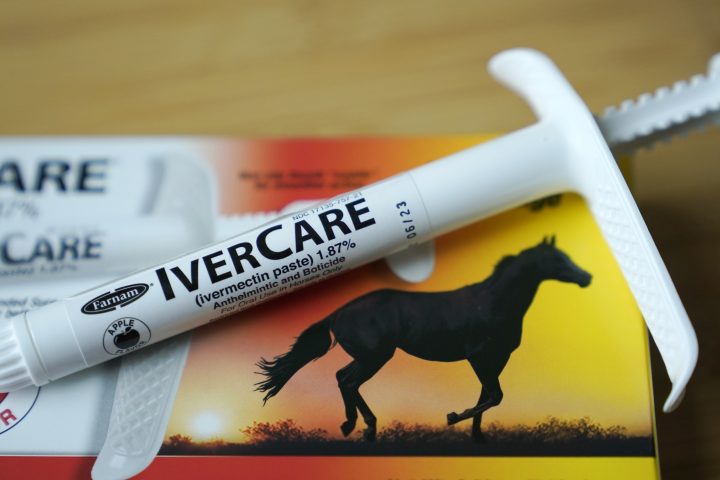Ivermectin, the anti-parasitic drug touted by some as an alternative COVID-19 treatment, doesn’t do much — if anything — in terms of alleviating symptoms or keeping people out of the hospital, a new study has found.

The clinical trial, which looked at more than 1,300 people who became infected with the coronavirus in Brazil, effectively ruled out the drug as a treatment for COVID-19.
The results were first shared in a presentation by the National Institutes of Health, and the full data was released Wednesday in The New England Journal of Medicine.
In the double-blind randomized study, researchers in Brazil compared patients — some given ivermectin while others received a placebo — and found no difference between the groups.
“There’s really no sign of any benefit,” Dr. David Boulware, an infectious-disease expert at the University of Minnesota and one of the study’s authors, told the New York Times.
“Now that people can dive into the details and the data, hopefully that will steer the majority of doctors away from ivermectin towards other therapies,” he continued.
Early in the pandemic, several small-scale studies found ivermectin to be effective on cells, but this latest research says studies involving humans failed to back up those findings.
Several studies cited by ivermectin advocates have been retracted for flawed or fabricated data and analysis, while many randomized trials have shown no benefits.

Get weekly health news
Health Canada, The Centers for Disease Control (CDC) and the World Health Organization (WHO) all warned against using the drug to prevent or treat COVID-19, but that didn’t stop some people from spreading the message that ivermectin is an acceptable tool in the coronavirus treatment arsenal.
Ivermectin’s popularity really exploded in the second year of the pandemic, when several high-profile people, like podcaster Joe Rogan, used their huge platforms and media presence to support the product.
Rogan hosted Bret Weinstein, a former biology professor at Evergreen State College in Washington state, on his podcast several times. Weinstein, along with his wife Heather Heying, was one of the first people in the medical arena to tout the drug as a treatment, and he also talked with Tucker Carlson on Fox News and Bill Maher on HBO to promote the drug.
However, according to Portland’s Williamette Week, Weinstein and Heying have backed away from ivermectin recently. The newspaper reports that Weinstein has deleted all mention of the drug from his Twitter feed.
Ivermectin is sometimes prescribed to treat worm infections in humans, but veterinary clinics sounded the alarm last year that poison calls were up after people were taking a formulation intended for livestock.
In September, B.C.’s Drug and Poison Information Centre told Global News it had nine cases related to people taking veterinary-grade ivermectin to prevent or treat COVID-19 in the last six months, when it had received zero calls about the drug in the prior two years. None of these calls ended in a serious adverse outcome, the agency said.
“Ivermectin toxicity can lead to abdominal pain, nausea, vomiting, diarrhea, headache, dizziness, low blood pressure, seizures, coma, respiratory failure, and death,” the agency wrote in a statement.
The College of Physicians and Surgeons of Ontario (CPSO) announced earlier this year that they are investigating multiple telehealth doctors who were found offering ivermectin to patients and were alleged to have issued false medical exemptions.














Comments
Want to discuss? Please read our Commenting Policy first.